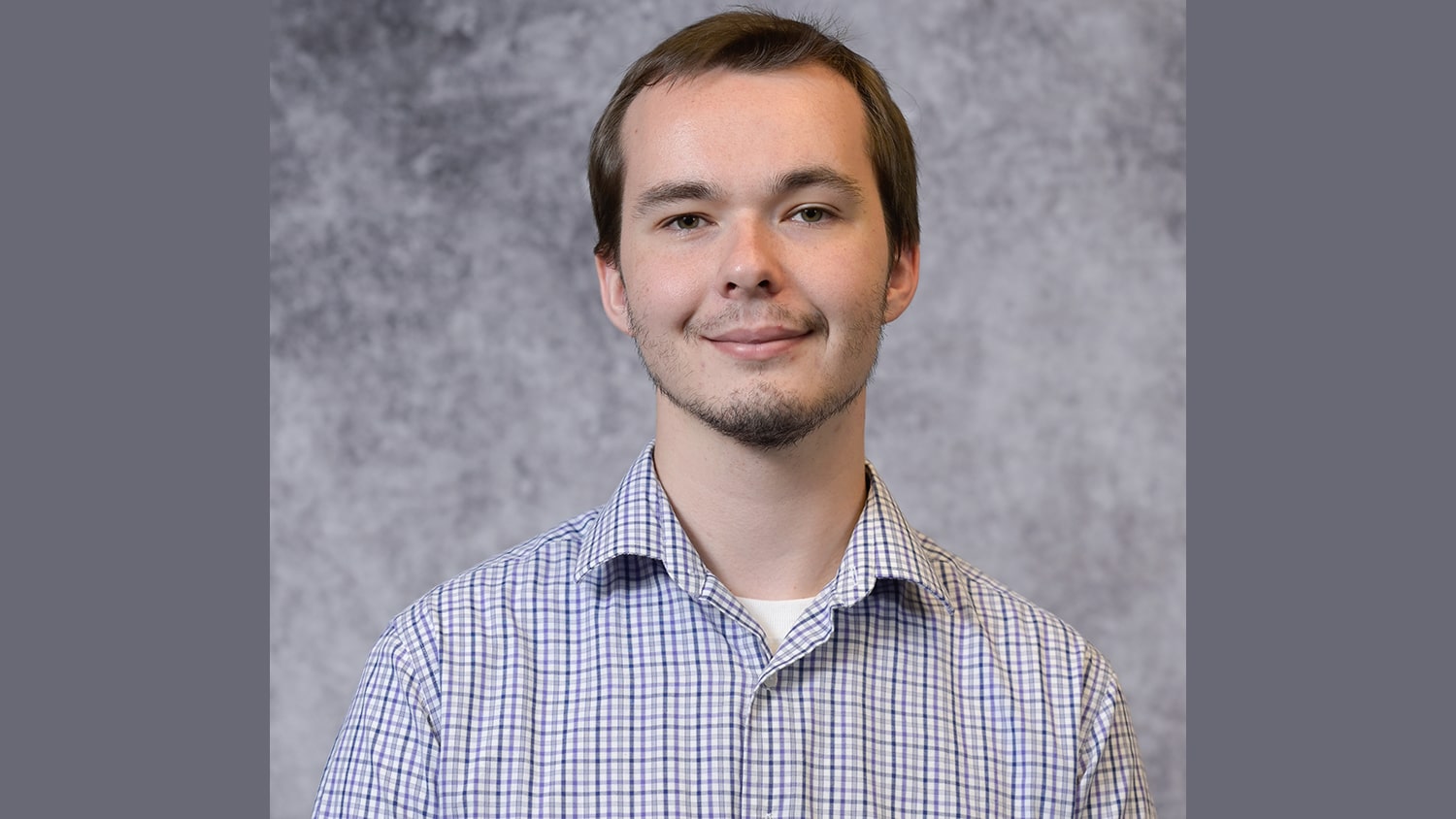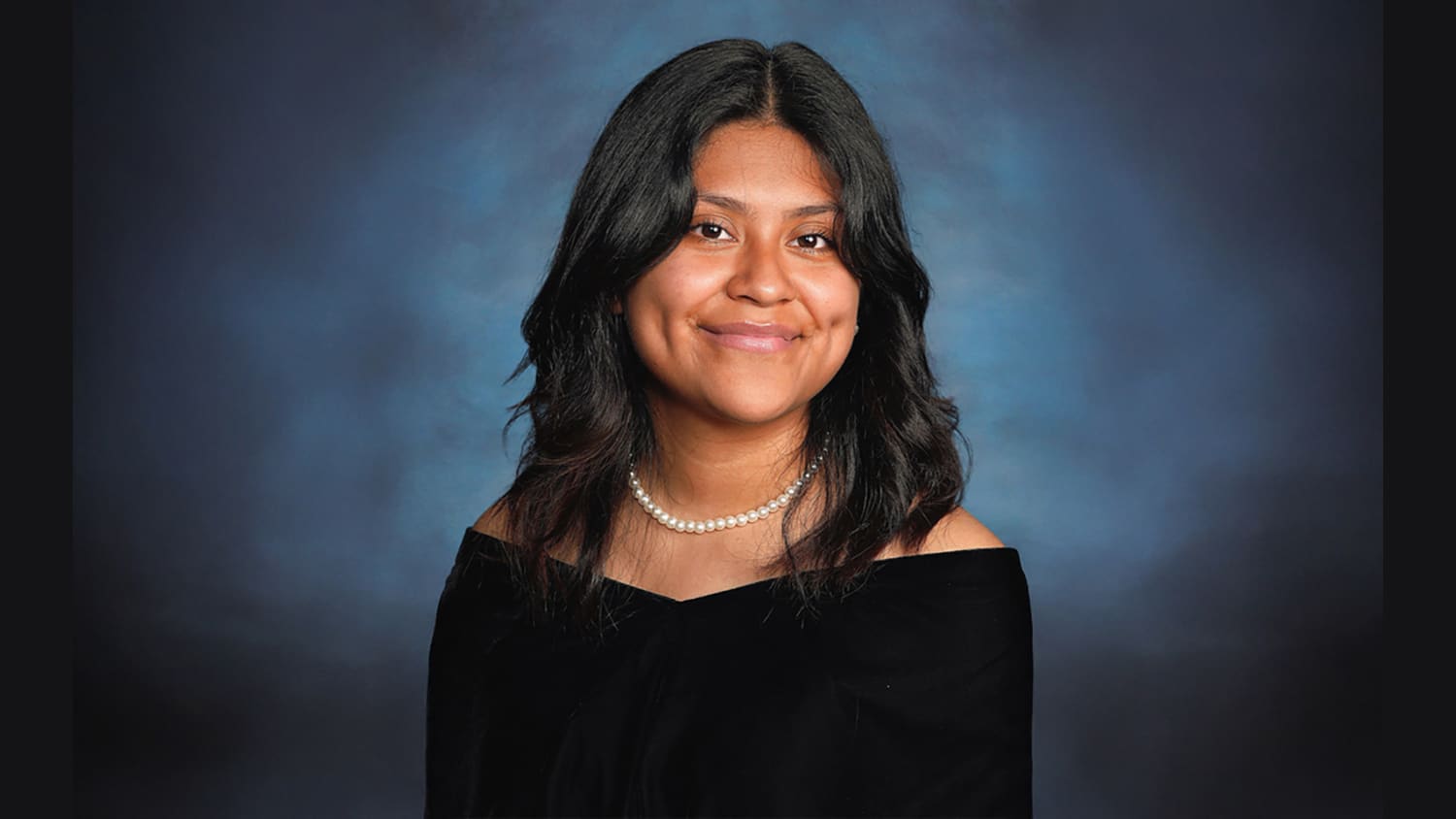Meet Our Newest Faculty

The College of Sciences is welcoming 11 new tenured, tenure-track and professional faculty members from all over the world in fall 2022.
Meet these extraordinary scientists, and find out why they’re excited to join the Wolfpack.
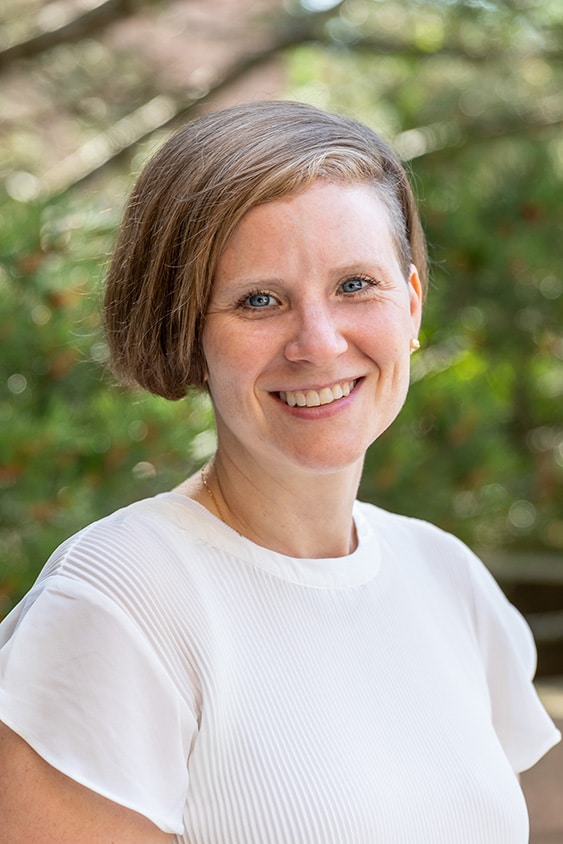
Christa Baker
Assistant Professor, Biological Sciences
Ph.D. institution and year: Washington University in St. Louis, 2015
Recent affiliation: Postdoctoral Fellow, Princeton Neuroscience Institute, Princeton University
Twitter handle: @Christa_A_Baker
Research focus: I am fascinated by how brain circuits enable animals, including humans, to understand acoustic communication signals. I study this problem in fruit flies due to their small brains, complex communication signals and experimental tractability. My work combines animal behavior, neural recordings, connectomics and computational modeling to reveal the mechanisms underlying hearing, and how these mechanisms are shaped by evolution.
Why NC State? I was drawn to the collegiality of the Department of Biological Sciences, overlap in research interests with current labs, and the potential for collaborations across campus. NC State also has a strong environment for teaching and mentorship. I am excited to join the scientific community at NC State and in the wider Research Triangle.
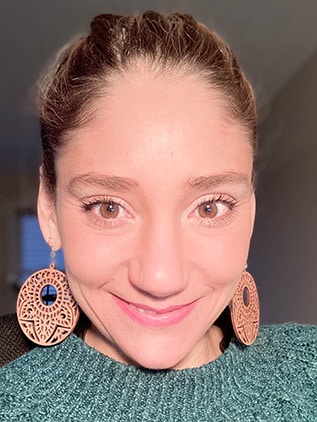
Natalia Duque-Wilckens
Assistant Professor, Biological Sciences
Ph.D. institution and year: University of California, Davis, 2017
Recent affiliation: Postdoctoral researcher, Departments of Physiology and Large Animal Clinical Sciences, Michigan State University
Twitter/Instagram handles: @nataliaduquew
Research focus: My program uses rodent models to study the neuro-immune basis of emotional regulation and how this is shaped by the ecosystem throughout development. I am particularly interested in identifying mechanisms underlying positive affective states, which are key but often overlooked contributors to psychological and physical health and, therefore, could be targeted for the development of novel therapeutic interventions.
Why NC State? The three main aspects were 1) The people. Every person I had the opportunity to interact with, from students to staff and faculty, was kind, supportive, collaborative, open-minded and passionate. To me, this reflects core institutional values that strongly align with my own. 2) The scientific environment. I was really fascinated by the cross-disciplinary nature of the Department of Biological Sciences and even more so by the fact that this eclectic group of scientists genuinely share the goal of promoting scientific discovery aiming at improving the health of all. 3) The strong emphasis and significant ongoing efforts at the institutional — but also personal — levels to support diversity and provide opportunities for underrepresented minorities. As a Latino woman, I deeply appreciate these efforts and aim to actively contribute to them throughout my career.
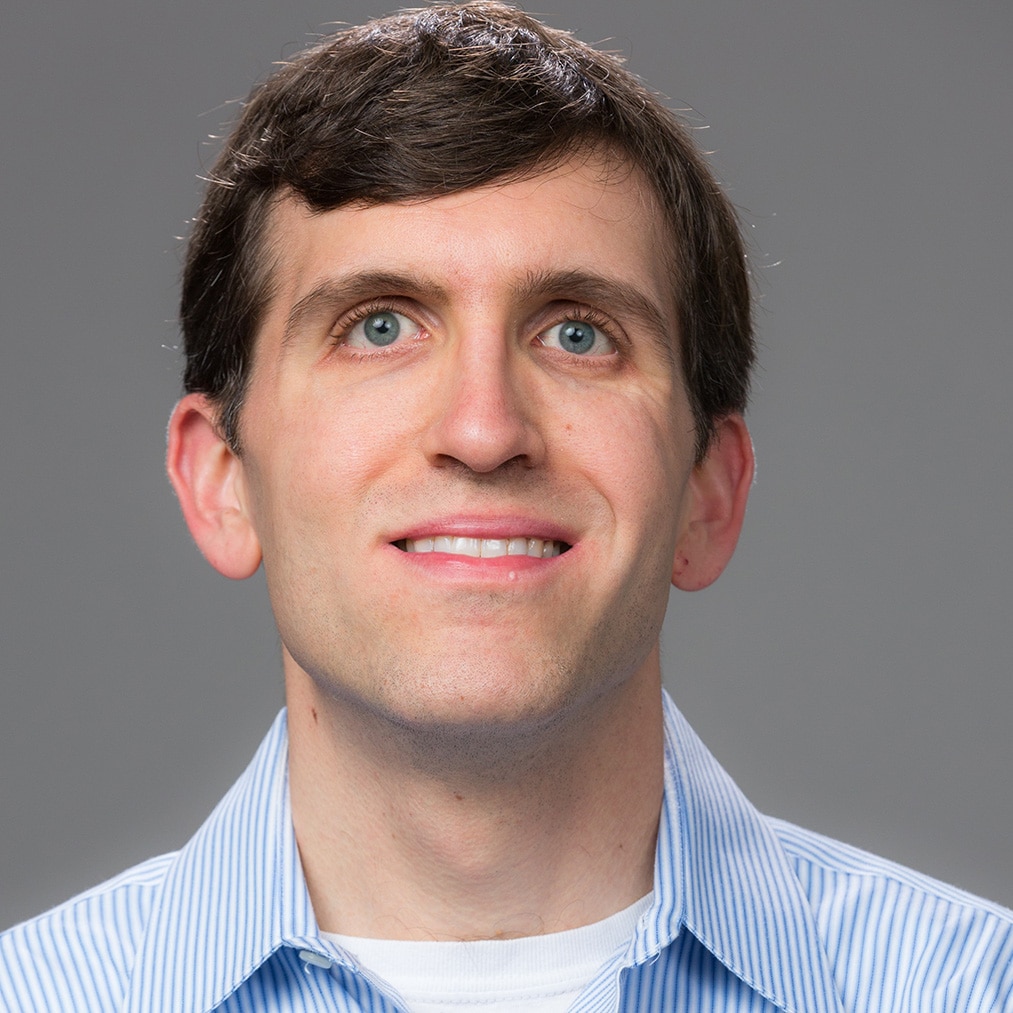
Daniel Fowler
Teaching Assistant Professor, Chemistry
Ph.D. institution and year: Northwestern University, 2015
Recent affiliation: Instructor, Department of Chemistry, Duke University
Teaching focus: In my teaching, I aim to make chemistry more approachable to my students so they can see that even if they find the subject matter challenging, they are capable of breaking down complex concepts into digestible pieces in order to gain understanding of the material. I also recognize that a number of my students will pursue academic paths and careers outside of chemistry, so I also intend for students to gain transferable scientific and analytical skills as a learning outcome from the courses I teach.
Why NC State? NC State’s Department of Chemistry is renowned in the surrounding area, state and nation for its commitment to excellence in undergraduate education. I am very excited to have the opportunity to join a department full of faculty, staff and students that share the same level of dedication toward undergraduate chemistry education.
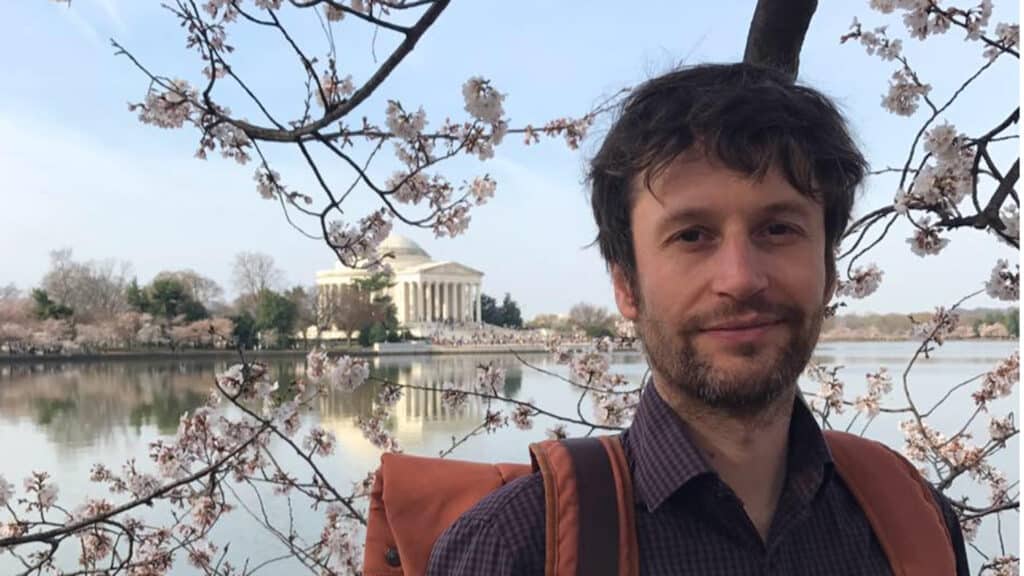
Douglas Hamilton
Assistant Professor, Marine, Earth and Atmospheric Sciences
Ph.D. institution and year: University of Leeds, 2017
Recent affiliation: Research associate, Department of Earth and Atmospheric Sciences, Cornell University
Twitter handle: @im_dshamilton
Research focus: I am an Earth system modeler. My research focuses on how changing natural aerosol emissions (e.g., from wildfires and dust) are altering climate and biogeochemical cycles in the Anthropocene epoch, and understanding the impacts these changes have on society.
Why NC State? Earth system science is inherently multi-disciplinary. The community at NC State and across the Research Triangle offers access to a diverse group of researchers and students with skills which are crucial to tackling many of the challenges climate change brings. From the very start, the Department of Marine, Earth and Atmospheric Sciences has been really welcoming, and I feel that NC State is a place where I will thrive and be happy.
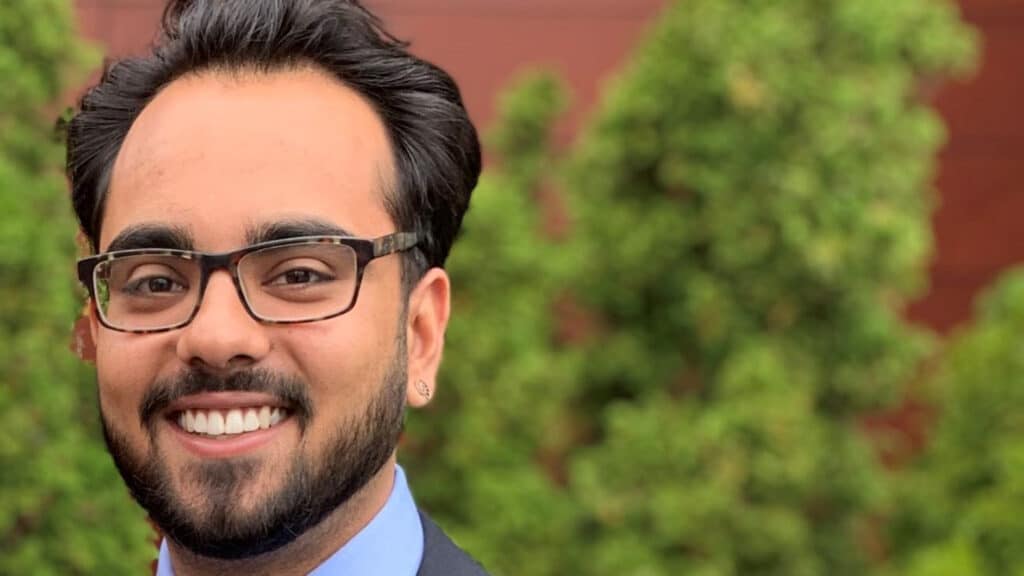
Naish Lalloo
Assistant Teaching Professor, Chemistry
Ph.D. institution and year: University of Michigan, 2022
Recent affiliation: Teaching postdoctoral researcher, Shultz Lab, University of Michigan
Twitter handle: @LallooNaish
Teaching focus: I aim to help my students develop confidence in their problem-solving abilities and gain excitement as they learn about the awesome connections between life, energy and matter. I look forward to engaging with NC State students about chemistry, mentoring them to success, and developing the chemistry curriculum.
Why NC State? As a 2017 graduate of the Chemistry Honors program in the Department of Chemistry at NC State, I am humbled to return to NC State as a faculty member. I am excited to contribute to the same department that provided me with an outstanding education in a supportive environment.
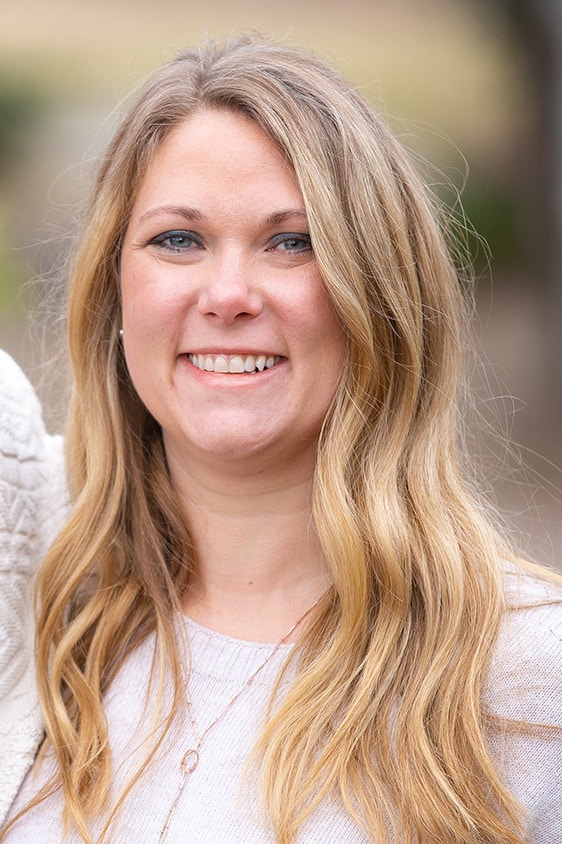
Cassie Lilly
Teaching Associate Professor, Chemistry
Ph.D. institution and year: NC State, 2014
Recent affiliation: Laboratory Manager, Meredith College
Twitter/Instagram handles: @CassieLillyNCSU
Teaching Focus: As an educator, I aspire to make learning chemistry interesting and relatable to my students. My objective is to give students the skills and mindset to become critical, inquisitive and investigative learners. My teaching goal is to be engaging, hands-on, clear and student-focused to give students the tools they need to succeed.
Why NC State? The Department of Chemistry has a very strong commitment to providing excellent education to undergraduate students. The faculty have innovative ideas on teaching, diversity and inclusion. I am very excited to work with and collaborate with my colleagues to provide students with the best learning experience. NC State is very collaborative and innovative and I am very excited to be a part of the Wolfpack again!
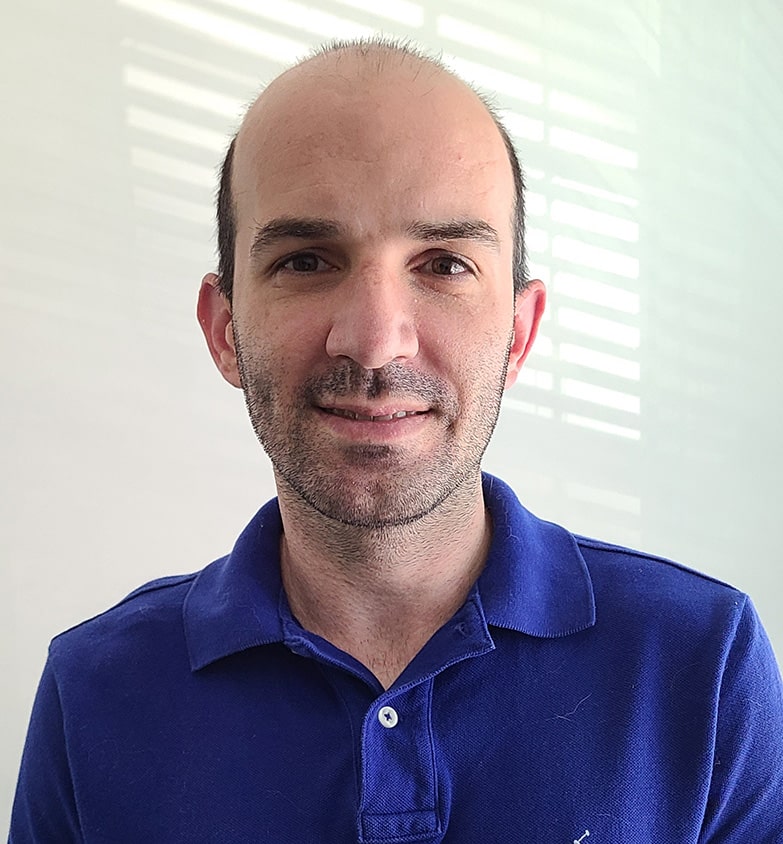
Federico Portillo Chaves
Lecturer, Physics
Ph.D. institution and year: NC State, 2022
Teaching Focus: Before beginning my doctoral studies, I taught several basic physics courses for three years in my home country, Venezuela. There, I discovered that I am very passionate about teaching physics. Particularly, I like to learn new things, understand them and explain them as clearly as possible to everyone.
Why NC State? I have always been inclined to teach. My very pleasant experience as a graduate student and as a teacher’s assistant at NC State just made it natural for me to look for opportunities to begin my teaching path in this wonderful university.
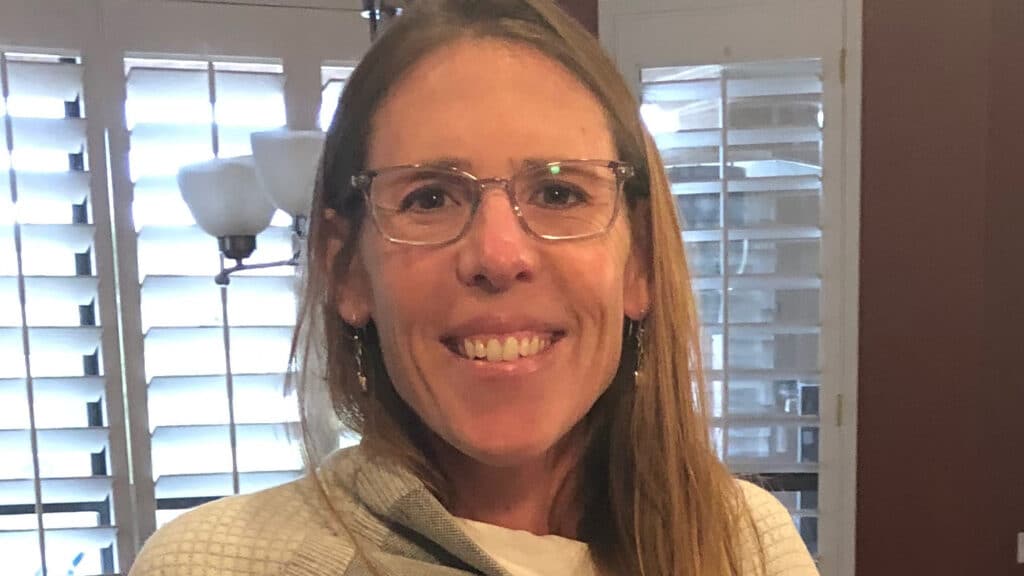
Erin Schliep
Associate Professor, Statistics
Ph.D. institution and year: Colorado State University, 2013
Recent affiliation: Associate Professor, University of Missouri
Twitter handle: @ErinSchliep
Research focus: My primary research focus is in statistical methods for multivariate and dependent data driven by applications in environmental science, ecology and sports. Specifically, I am interested in spatial and spatiotemporal statistics, as well as Bayesian statistics to address real-world problems.
Why NC State? I was drawn to the collaborative research environment within the Department of Statistics, the College of Sciences and across campus. I am greatly looking forward to strengthening and developing collaborations at NC State.
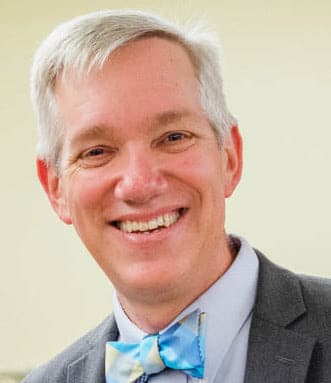
Aaron Titus
Teaching Professor, Physics
Ph.D. institution and year: NC State, 1998
Recent affiliation: Professor, High Point University
Twitter handle: @aaronptitus
Research focus: My area of research is physics education and educational technology. In 1997, I co-created WebAssign with Larry Martin at NC State. I was a member of the Open Source Physics Team, led by Wolfgang Christian and Mario Belloni, who received the 2020 Excellence in Physics Education Award from the American Physical Society. Today, I collaborate with Ruth Chabay, Bruce Sherwood and Steve Spicklemire on VPython and the textbook “Matter and Interactions.”
Why NC State? I look forward to coordinating PY 205: Physics for Engineers and Scientists I and PY 208: Physics for Engineers and Scientists II. I hope to develop technical tools and effective curricular materials for integrating computation. I look forward to collaborating with a team of innovative faculty in the NC State Department of Physics.
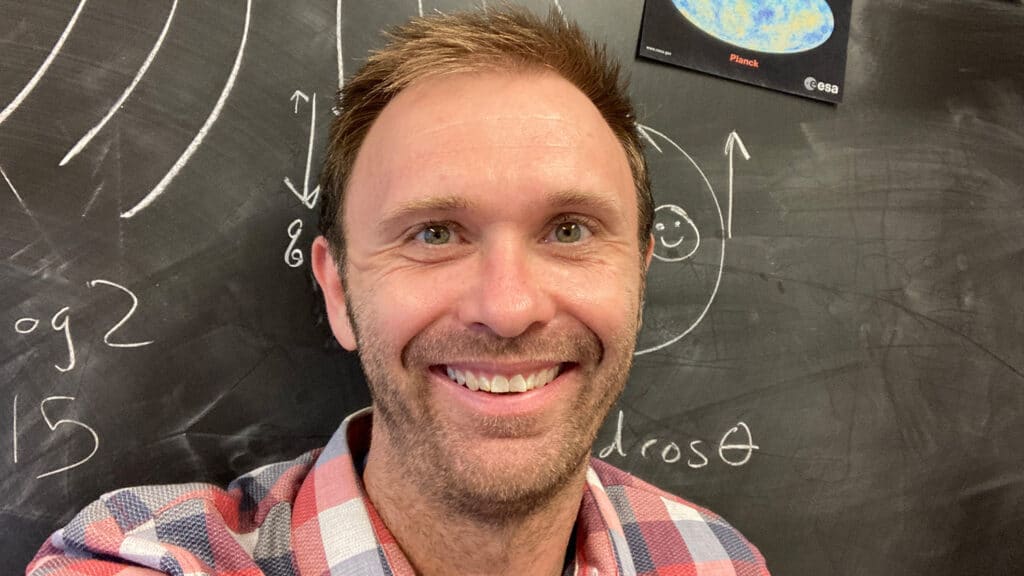
Kasey Wagoner
Assistant Teaching Professor, Physics
Ph.D. institution and year: Washington University in St. Louis, 2010
Recent affiliation: Lecturer, Department of Physics, Princeton University,
Twitter handle: @wagoner_kasey
Research focus: I’m interested in a broad array of physics research. My training is in tests of the gravitational interaction, and I maintain interest in that field. I currently work with three collaborations that study the cosmic microwave background radiation. The primary focus of this work is to understand the earliest moments of the universe and how the universe evolved from there. I’m also interested in finding ways to capitalize on the results of physics education research to improve my classroom instruction.
Why NC State? NC State’s Department of Physics is a wonderful department which does a lot of exciting research. The department also has a long track record of great education research. Coming to NC State is an opportunity to be in a stimulating physics environment while learning and practicing cutting-edge instructional methods.
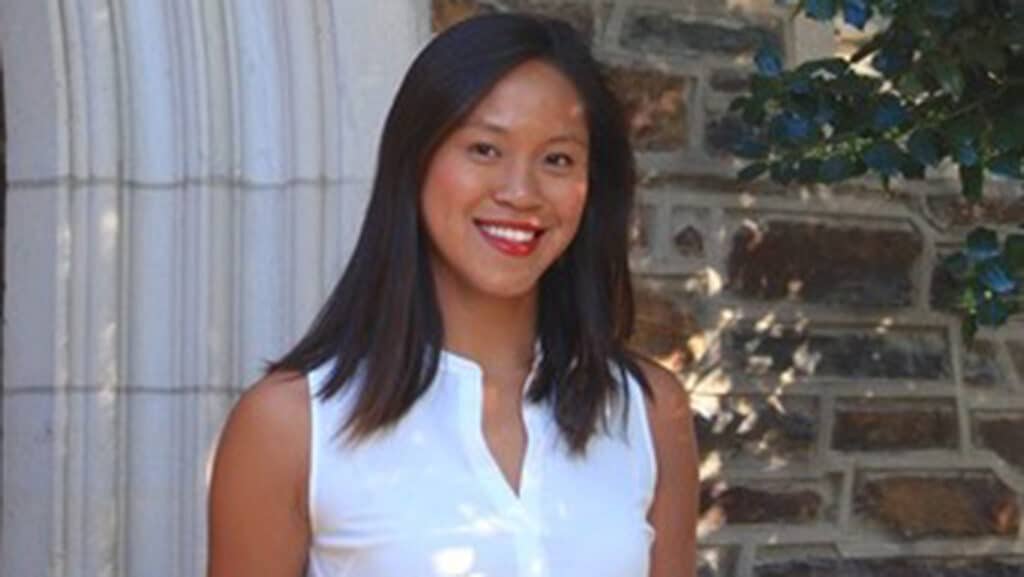
Y. Stacy Zhang
Assistant Professor, Marine, Earth and Atmospheric Sciences
Ph.D. institution and year: Duke University, 2019
Recent affiliation: Postdoctoral researcher, UNC Institute of Marine Sciences
Twitter handle: @stacyzhang_
Research focus: My research blends basic ecology with applied science in order to understand the factors that regulate marine communities. I use a combination of manipulative field experiments and large-scale data syntheses to answer fundamental questions about the effects of local to global change on coastal biodiversity and ecosystem structure. This research informs marine conservation and restoration.
Why NC State? As a native North Carolinian, I support NC State’s commitment to provide education and conduct research that benefits the people of North Carolina. I’m excited to develop partnerships with researchers at the Center for Marine Sciences and Technology and the Coastal Resilience and Sustainability Initiative. And I look forward to teaching and introducing students from across the state to the wealth of coastal ecosystems in North Carolina!
This post was originally published in College of Sciences News.
- Categories:
